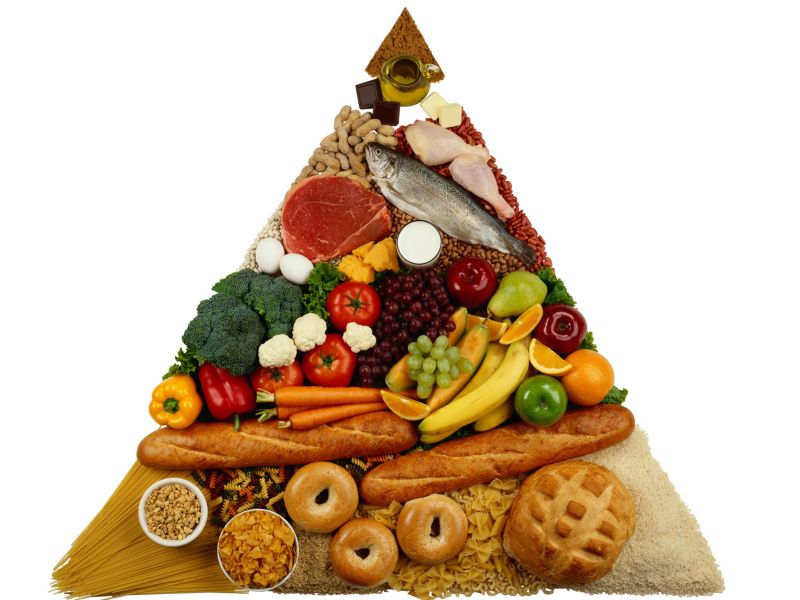
Green tea is a popular health trend, with many people sipping in hopes of deriving benefits from the brew. There’s nothing wrong with that, dietitians say — green tea is a healthy drink loaded with antioxidants. But the jury’s still out on many of its purported health benefits. “Clinical trials related to green tea are… read on >




























